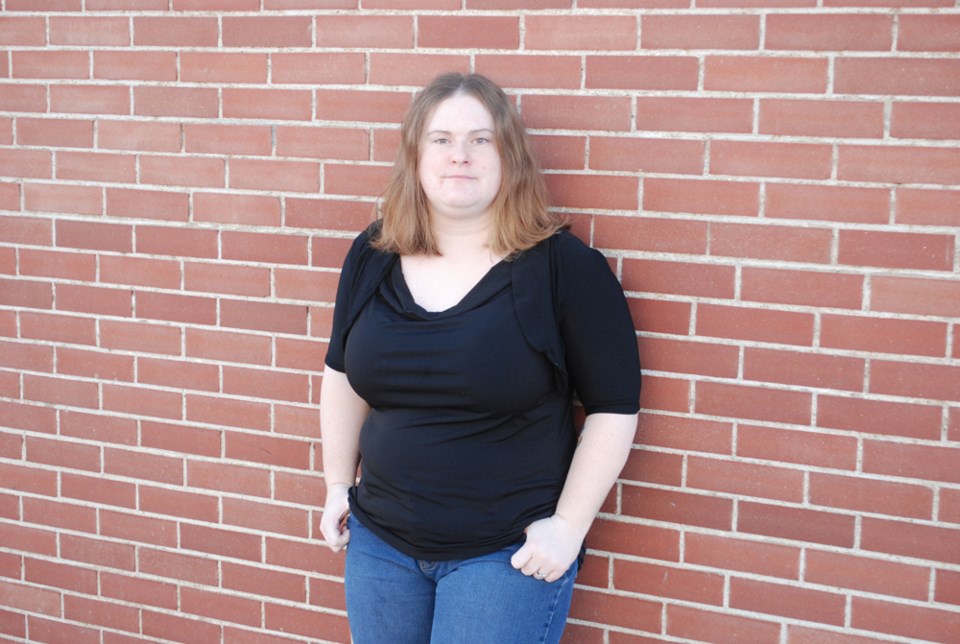After a year and a half since the accident claimed the lives of four members of the Van de Vorst family, charges have now been laid against the bars in connection with Catherine McKay.
McKay’s blood alcohol level was three times the legal limit and SGI is now holding Industrial Kitchen & Bar and Crackers Licensed Cocktail and Dining Room partiality responsible for not intervening on McKay.
“This is the first time SGI has pursued a legal action of this nature against liquor establishments, but action of this nature is not unprecedented,” said SGI in a press release on July 6, and these cases are not uncommon elsewhere in the country with similar cases in B.C. and Ontario.
For some establishments, they are dealing with a couple hundred people in a night, especially in places like in Saskatoon and Regina. So I can understand the extent of responsibility that is on their shoulders.
There are also questions of responsibility. When a person goes from one establishment to another, what is the level of responsibility for each place?
The long and the short of it is we have an impaired driving problem in Saskatchewan.
When it comes to establishments that serve alcohol, they are the first line of defense against people getting behind the wheel after drinking and we should be doing more to hold them accountable to that defense.
There is training available for those servers and bartenders so they know what to do in the case of a drunk person leaving their establishment with the intent to drive.
The Serve it Right has been in place since 1997 and has been available online since 2007 and made mandatory in 2015, teaching those in the service industry how to take care of impaired people, including when to involve the RCMP. Since it became mandatory, the Saskatchewan Government is phasing the program from 2015-2018.
By the time Catherine McKay got behind the wheel, the government had stated that “all owners and managers will be required to have completed the training and new hires must take the training within 30 days of beginning employment (by June 2016).”
The problem becomes, we need owners and managers to see the benefit of the program and not only use it themselves but also make sure their servers have the training.
At three times the legal limit someone should have caught on to the extent of McKay’s state.
The RCMP was not notified that she was on the road in that state which someone should have done at some point that night.
Many comments included blaming those who are drinking and those faults are not mislaid. If someone is going out drinking they should be thinking of how to get home safely.
However, the numbers of impaired drivers is not decreasing with RCMP ticketing over 300 people a month according to SGI.
If we want to stop the number of families killed on Saskatchewan highways by impaired drivers, we need to stop saying it is not our problem.




